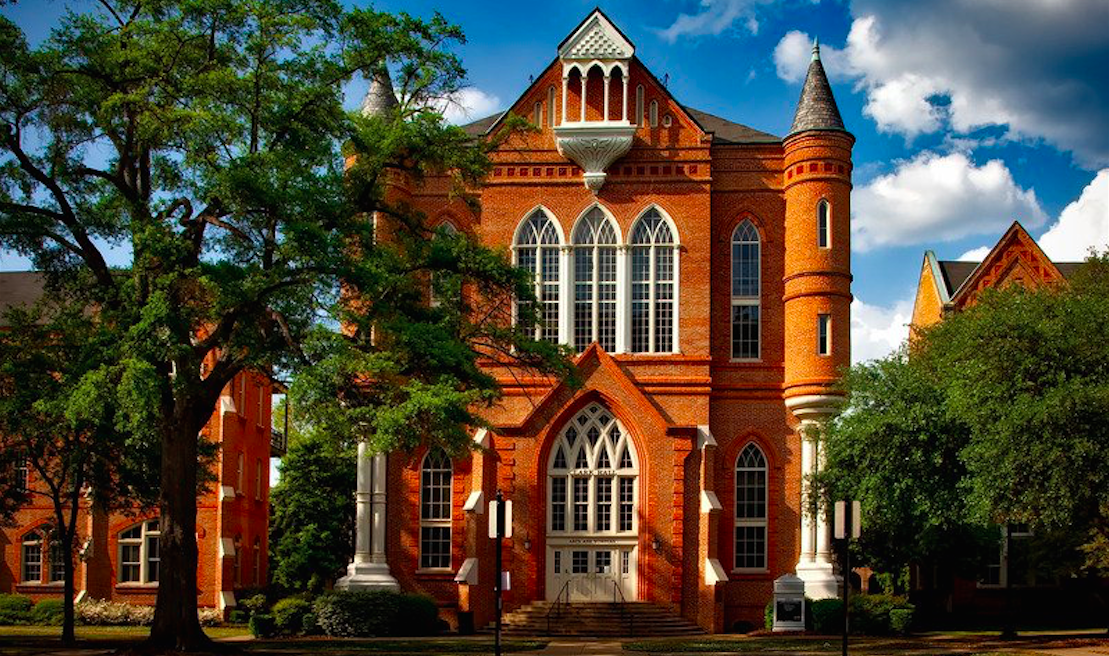When deciding how to apply to a particular college, many students look for that college’s final application deadline, and then, working backwards in their minds, such students decide that they simply need to get all of their application materials into that college by that application deadline date. What such students fail to realize is that many (but not all) colleges that have such Regular Decision application deadlines also review applications and make admissions decisions on an ongoing basis well before their application deadlines.
Don’t be Regular if you can help it! What I mean by that statement is this: while many colleges have Regular Decision application deadlines (usually in January through March) many of these same colleges will review applications and make decisions on such applications well before their drop-dead deadlines (in most cases Regular Decision deadlines, but in other cases these are known as simply “Application Deadlines” at colleges where the deadlines extend very late – approximately late spring through summer). Don’t treat such colleges as Regular Decision for your purposes. Treat them as Rolling!
When you apply Regular Decision you are applying by the college’s Regular deadline. Students can apply to more than one college Regular Decision. Regular Decision admissions decisions tend to be received by students between March and April. When a college is Rolling Admissions, it reviews applications on an ongoing basis and accepts students on a space available basis. Students can apply to more than one college Rolling Admissions as well.
Yet, many of the same colleges that will let you throw in an application by a Regular deadline also review applications by either an earlier Priority or Early (Action or Decision) deadline OR are simply Rolling Admissions colleges.
Of course you would want to apply to a college that offers both Priority and Regular deadlines by the Priority deadline! After all, what’s the definition of priority?! Early Decision can come with major pros and cons. Early Action is generally a good idea for students to consider as well.
But in the case of colleges that offer Rolling Admissions – again, when a college reviews applications as they are received and makes decisions on an on-going basis – it is always best to apply to any such college as soon as you have decided on applying to that college. Some Rolling Admissions colleges don’t have any application deadlines, but a good number of Rolling Admissions colleges do have firm deadlines. Which means they are both Regular Decision and Rolling Admissions colleges. In such a scenario, you want to get your application in ASAP.
Some examples include Indiana University (which has a Regular deadline of February 1, but starts rolling out admissions decisions as early as September; it should also be noted that IU has an EA deadline of November 1), University of Arizona (Regular deadline is February 14, but I regularly have students who have gotten into Arizona by mid-September of their senior years), and Penn State University (which has a Regular deadline of November 30, but also is famous for rolling out decisions in tranche after tranche starting in November; like IU, Penn State also has an EA deadline these days of November 1). Many private colleges also roll out their decisions starting in either the fall or early winter.
The bottom line is this: always work your hardest to determine as early as possible whether colleges on your list review applications on a Rolling basis and make admissions decisions on a space available basis – even if these colleges have firm Regular Decision application deadlines. Colleges that do this are often objectively easier to get into the earlier in the admissions cycle that you can apply. So apply as early as possible if you can put together a strong application early in the fall. Other than Instant Admissions, my favorite way for students to apply to college is Rolling Admissions, and now you can see why. It’s a great feeling knowing you have gotten into one or more colleges by Thanksgiving of your senior year in high school without having to commit to attending such colleges until much later in your senior year (usually by May 1).
So, embrace the superficial contradiction and celebrate colleges that are both Regular Decision and Rolling Admissions because in so doing you will always treat such colleges as Rolling at heart.





 In an increasingly connected world, reading beyond what pops up on a mobile device is dropping to the bottom of priority lists for many teenagers. And for those of us dedicated to books and the power of reading to educate, inform and entertain, this is REALLY bad news.
In an increasingly connected world, reading beyond what pops up on a mobile device is dropping to the bottom of priority lists for many teenagers. And for those of us dedicated to books and the power of reading to educate, inform and entertain, this is REALLY bad news.